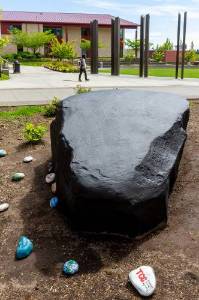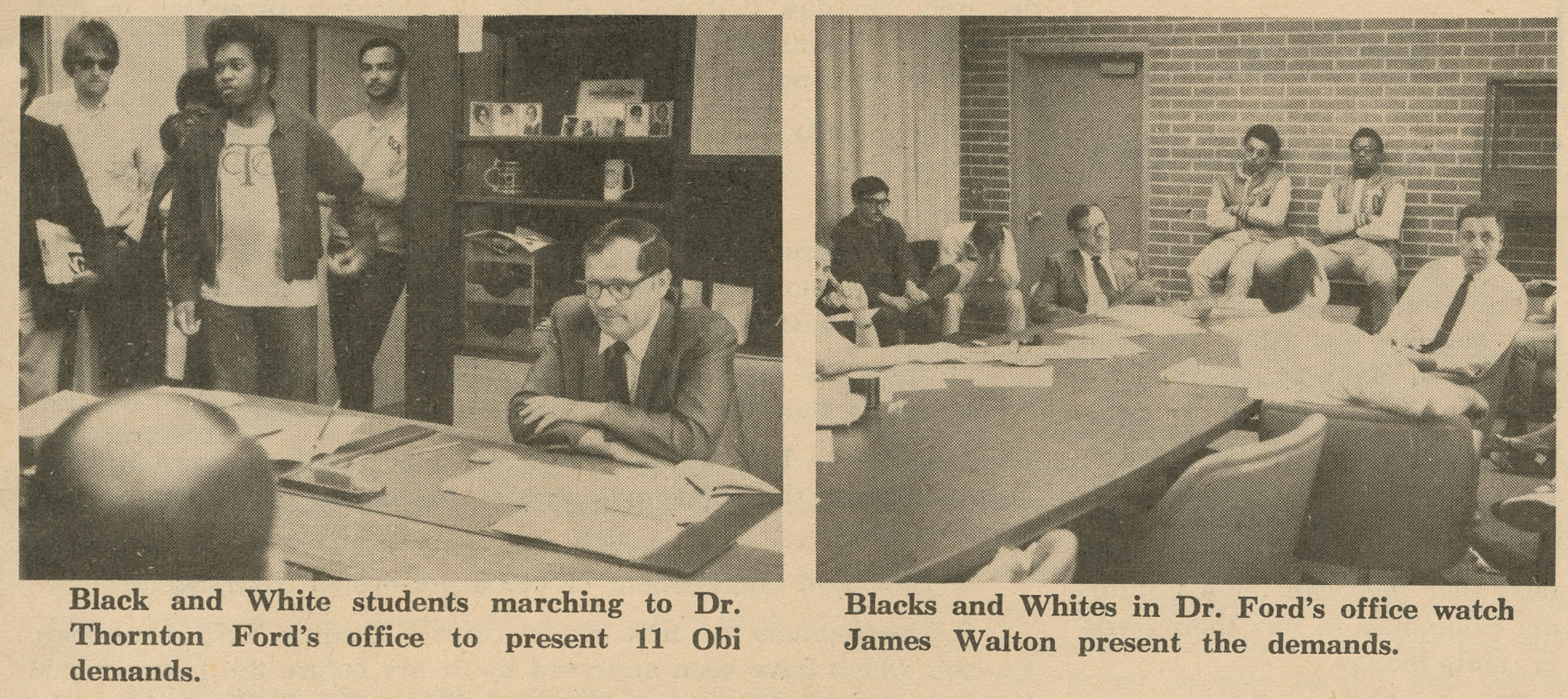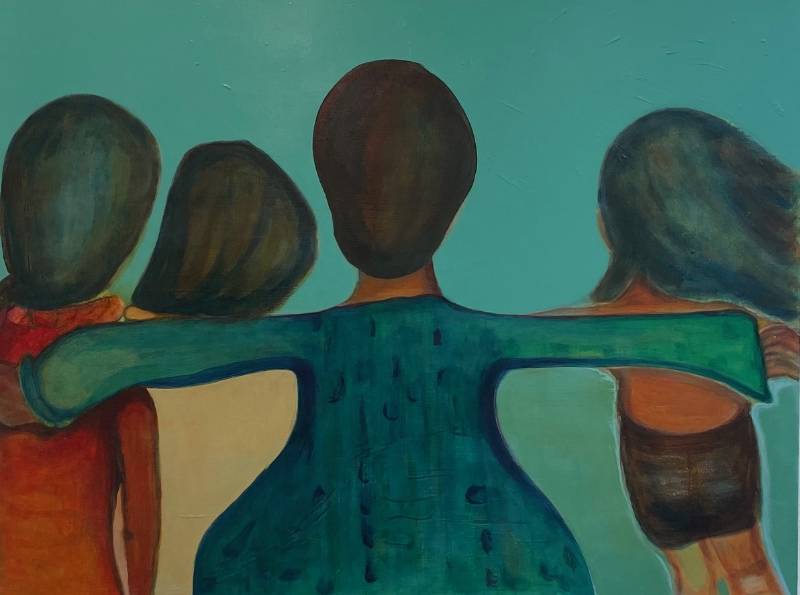Black History Month 2024
February marks the start of Black History Month, a national celebration of our Black community, and a recognition of their many contributions to our country.
The mere imparting of information is not education.”
We Honor Black History and our Black Community
 February is celebrated as Black History Month in the United States.
February is celebrated as Black History Month in the United States.
The origins of Black History Month can be traced back to Dr. Carter G. Woodson, who established Negro History Week in 1926. A theme has always been associated with the celebrations and educational opportunities that ensued, but it would not be until 50 years later that the US President would officially acknowledge them. After tireless efforts from the Association for the Study of African American Life and History, President Gerald Ford formally recognized Black History Month in 1976 and endorsed the Association’s annual theme. Every sitting US President since has done the same.
In 2024, the theme for Black History Month is African Americans and the Arts. TCC would like to celebrate some of the ways we support our Black community, such as the Color Purple Affinity Group and the Men of Distinction program currently being developed by the Center for Student Advocacy and Cultural Support. We also encourage folks to enjoy local art at the Black Artist Exhibition at the TCC Gallery.
Additional resources may be found through these TCC Library and Archives library guides and database:
Our Own History at TCC: The labor for racial justice and the path to becoming an anti-racist institution
Showcasing historic moments in our timeline, and encapsulating the revolutionary (student) labor of TCC's early days, providing context for reflection.
11 Demands by James Walton
 Made by TCC's Obi Society (the future Black Student Union), the 11 Demands is presented here by TCC's Dale Coleman, from his work The Open Door: A History of Tacoma Community College.
Made by TCC's Obi Society (the future Black Student Union), the 11 Demands is presented here by TCC's Dale Coleman, from his work The Open Door: A History of Tacoma Community College.
The presentation of the 11 Demands to President Ford was the culmination of a year's worth of campus activism and engagement, from a passionate group of student activists who, through sheer determination and earnestness, brought to the forefront. It has been commemorated with a monument outside of Building 13; a large black rock with a plaque that reads, "In the 1960s, the Obi Society spoke out for racial equality on campus. This rock was a central element of the Obi Society's courageous activism. It is now a monument that declares the unity of people of all races, creeds, sexual orientations, nationalities, genders and more."
On Monday, May 5th, 1969, a group of 71 students and community members entered the office of President Ford. At the helm of this demonstration was Jim Walton –TCC's Obi Society chairman and future Tacoma City Manager. Walton presented Ford with a four-page document, which contained a list of 11 demands “necessary to eliminate the racist conditions that exist on campus.” The demands of the Obi Society were as follows:
- The use of Obi Society funds for financial aid for TCC students with demonstrable need
- The recruitments of 200 non-white students for the 1969-70 school year, with Obi acting as chief recruiter
- Financial Aid for the newly recruited students
- The provision of $25,000 in funds for counseling and tutoring
- The addition of a black studies course in the TCC's associate degree graduation requirements
- The institution of a black literature class at TCC
- The institution of a political science program focusing on contemporary Africa
- The inclusion of black perspectives in sociology, psychology, history, English, and economics
- The establishment of a black studies department
- The dismissal of all “incompetent and bigoted instructors”
- The disarming of campus security officers

Black Artists Exhibition at the TCC Gallery

Featuring 22 artists, the exhibition highlights black creators in our community.
Pictured work: Memories of Wishes by Sandra Bocas
Feb. 1-29